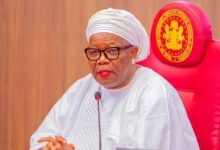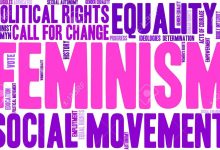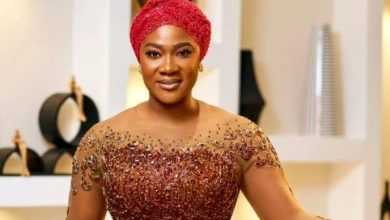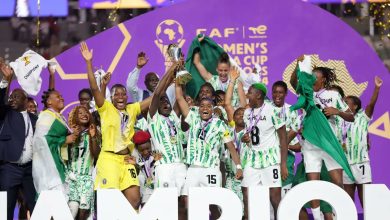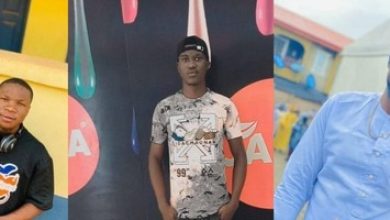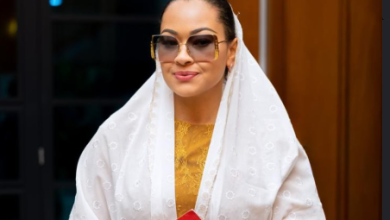
|
Getting your Trinity Audio player ready...
|
To strengthen civil society organisations, the West Africa Civil Society Institute, in partnership with BAOBAB for Women’s Human Rights, is hosting a capacity-building workshop for feminist leaders. The one-week workshop is ongoing in Nigeria’s capital, Abuja, on February 24 and is scheduled to end on February 28, 2025. The programme is the finale of the organisation’s three-month intergenerational feminist mentorship programme.
Omolara Balogun, the Head of the Policy Influencing and Advocacy Unit and Country Lead at WACSI, Nigeria, reiterated the inspiration behind the mentorship. She stated that following the conferences the organisation engaged in at Abuja and Abidjan, they noticed a gap in the intergenerational feminist alliance. Thus, the programme is designed to bridge the gap among feminists across different ages and cultures and ensure the sustainability of women-led initiatives.
“We are interested in women-led organisations thriving. The idea is to fill the gap in knowledge to ensure the women’s movement thrives and feminist generational knowledge is passed down,” Omolara said.
The first day of the capacity workshop explores participants’ feminist journeys, including challenges and opportunities, and mentees’ learning during the mentorship programme. The conference also explores the history of feminism and the impact of patriarchal norms on women’s rights. They emphasised that feminism is about social justice and ending male oppression against women.
Participants in the programme include Ini Abimbola, a business leader and consultant in Nigeria, Rachimini Malam Mouno, a member activist of the Neglect Feminist Community in Togo; Simbiat Bakare, Founder of Naija Feminists Media in Nigeria; Abibata Alhassan a member of the Centre for Women in Development and Public Policy in Ghana, Josephine Effah Chuwkuma a Nigerian social entrepreneur; Aisha Adam member of African Women Leadership Network in Ghana, and Esther Tawiah, Gender, Democracy, Governance & Election Expert in Ghana.
Participants from Nigeria include Jemilat Rotimi, Igwe Edna Chinwendu, Abimbola Aladjare Salako, Temitope Iwagun, and Seyi Bolaji.
Bunmi Dipo-Salami, Executive Director of BAOBAB for Women’s Human Rights in Nigeria, welcomes participants to the programme and encourages them to learn the women’s anthem.
In a panel session between mentors and mentees, participants emphasised the importance of social media and on-ground activism. They shared their feminist journeys, how they have impacted their mental health, and how their experiences have fuelled their passion. They further shared their lessons from the mentorship programme, highlighting the need to document success stories, be continually informed, create structures, network, and facilitate policies.
Stakeholders further shared that they learned the importance of connecting with other feminists personally and drawing inspiration from the solid institutions other feminist leaders have built.
In addition, they highlighted the importance of having a clear and compelling vision and the importance of self-care as a feminist. Ultimately, the stakeholders encouraged one another to remain grounded in their activism for women’s liberation.
